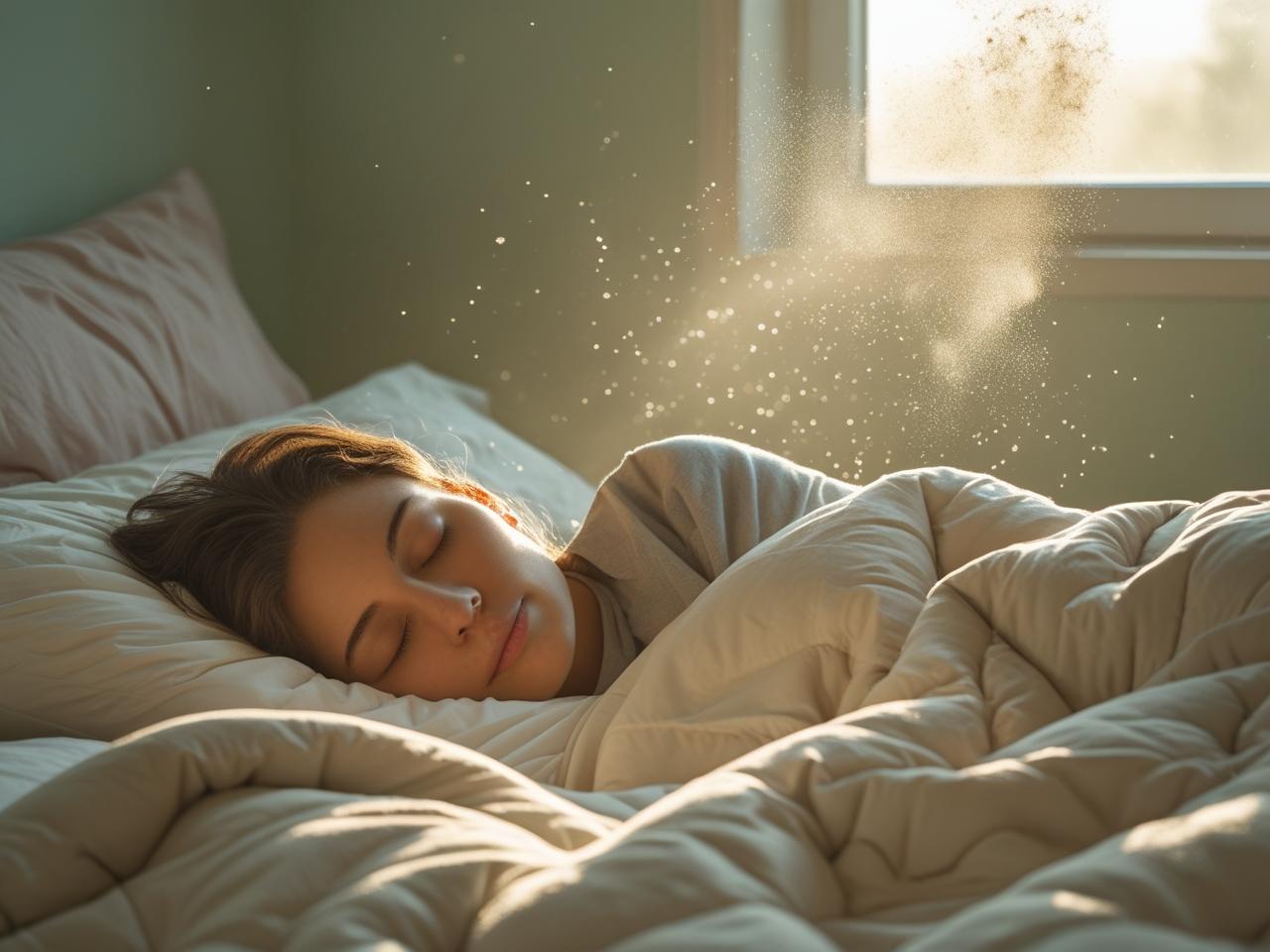Tips for Better Sleep and More Energy
Sleep is one of the most powerful — and underrated — pillars of well-being. A good night’s rest improves your mood, boosts your focus, strengthens your immune system, and fuels your energy for the entire day. Yet many people struggle with sleep, tossing and turning while watching the clock tick by.
If you’re tired of feeling tired, this article is for you. Here are practical, research-backed tips to help you sleep better and wake up more energized — starting tonight.
Why Sleep Matters for Energy
Sleep isn’t just “rest time.” It’s a critical process where your brain and body perform essential maintenance tasks:
-
Repairing cells and muscles
-
Balancing hormones
-
Processing emotions and memories
-
Clearing toxins from the brain
-
Restoring mental clarity
When you cut sleep short, you rob your body of recovery — and that’s why you feel foggy, irritable, and sluggish.
1. Create a Consistent Sleep Schedule
Your body runs on a natural rhythm called the circadian cycle, which regulates sleep, hormone release, and energy levels.
Help it stay in sync by:
-
Going to bed and waking up at the same time daily (even weekends)
-
Avoiding drastic shifts in sleep schedule
-
Aiming for 7–9 hours of sleep per night
Consistency helps your body fall asleep faster and wake up more refreshed.
2. Wind Down With a Nighttime Routine
You can’t expect to go from high-energy mode straight to sleep. A calm, consistent wind-down routine signals to your brain that it’s time to rest.
Try:
-
Dimming lights 60 minutes before bed
-
Putting your phone on “Do Not Disturb”
-
Taking a warm shower
-
Reading a physical book
-
Stretching or doing gentle yoga
-
Practicing deep breathing or meditation
Stick with the same order each night — it creates a predictable path to sleep.
3. Limit Screen Time Before Bed
Blue light from phones, tablets, and TVs tricks your brain into thinking it’s still daytime by suppressing melatonin (the sleep hormone).
Here’s how to protect your sleep:
-
Avoid screens for at least 30–60 minutes before bed
-
Use “Night Shift” or blue light filters if necessary
-
Read a book, journal, or listen to calm music instead
Reducing screen exposure can significantly improve sleep quality and help you fall asleep faster.
4. Make Your Bedroom a Sleep Sanctuary
Your environment affects how easily you fall and stay asleep.
Tips to optimize your space:
-
Keep the room cool (around 18–20°C or 65–68°F)
-
Block light with blackout curtains or a sleep mask
-
Reduce noise with earplugs or white noise
-
Use soft, breathable bedding
-
Keep clutter and electronics out of the bedroom
Your bedroom should be reserved for two things only: sleep and rest. Not work, not stress.
5. Watch What You Eat and Drink
What you consume during the day — especially before bed — affects your sleep.
Avoid:
-
Caffeine after mid-afternoon
-
Heavy meals within 2–3 hours of bedtime
-
Excess sugar or alcohol, which disrupts sleep cycles
Instead, try:
-
A small, sleep-supporting snack (banana, almonds, chamomile tea)
-
Staying hydrated throughout the day to avoid nighttime thirst
Balanced eating habits help regulate your internal clock and improve rest.
6. Move Your Body During the Day
Physical activity boosts your energy levels and helps you sleep deeper at night.
Aim for:
-
At least 30 minutes of moderate activity most days
-
Morning or afternoon workouts for better sleep (avoid intense exercise right before bed)
Even a daily walk can make a big difference in your sleep quality and daytime alertness.
7. Manage Stress With Mindful Practices
Stress and anxiety are common sleep thieves. They activate the brain’s “fight-or-flight” response, making it hard to relax.
Combat this with:
-
Meditation or deep breathing
-
Journaling before bed to offload thoughts
-
Gratitude lists to shift your focus
-
Gentle yoga or progressive muscle relaxation
Mental calmness leads to physical rest — and better, deeper sleep.
8. Get Morning Sunlight
Natural light early in the day helps regulate your circadian rhythm. It tells your body, “This is morning,” setting the stage for better sleep at night.
Try:
-
Opening your curtains as soon as you wake up
-
Having breakfast near a window
-
Taking a short morning walk outdoors
Exposure to sunlight in the morning promotes healthy melatonin cycles and more energy during the day.
9. Avoid Long or Late Naps
Naps can be helpful — but if you nap too long or too late, they can backfire.
Guidelines:
-
Keep naps under 30 minutes
-
Nap before 3 p.m.
-
Use them as a supplement, not a replacement for nighttime sleep
A short “power nap” can recharge you without interfering with your ability to sleep at night.
Sleep Is the Foundation of Energy
Better sleep doesn’t require expensive supplements or gadgets. It’s about building simple, healthy habits that support your body’s natural rhythm.
Start by choosing one or two tips from this list and make them part of your routine. Over time, you’ll notice that your sleep deepens, your mornings get brighter, and your energy lasts longer.
Because when you sleep better, you live better — one restful night at a time.

